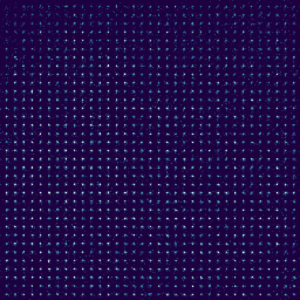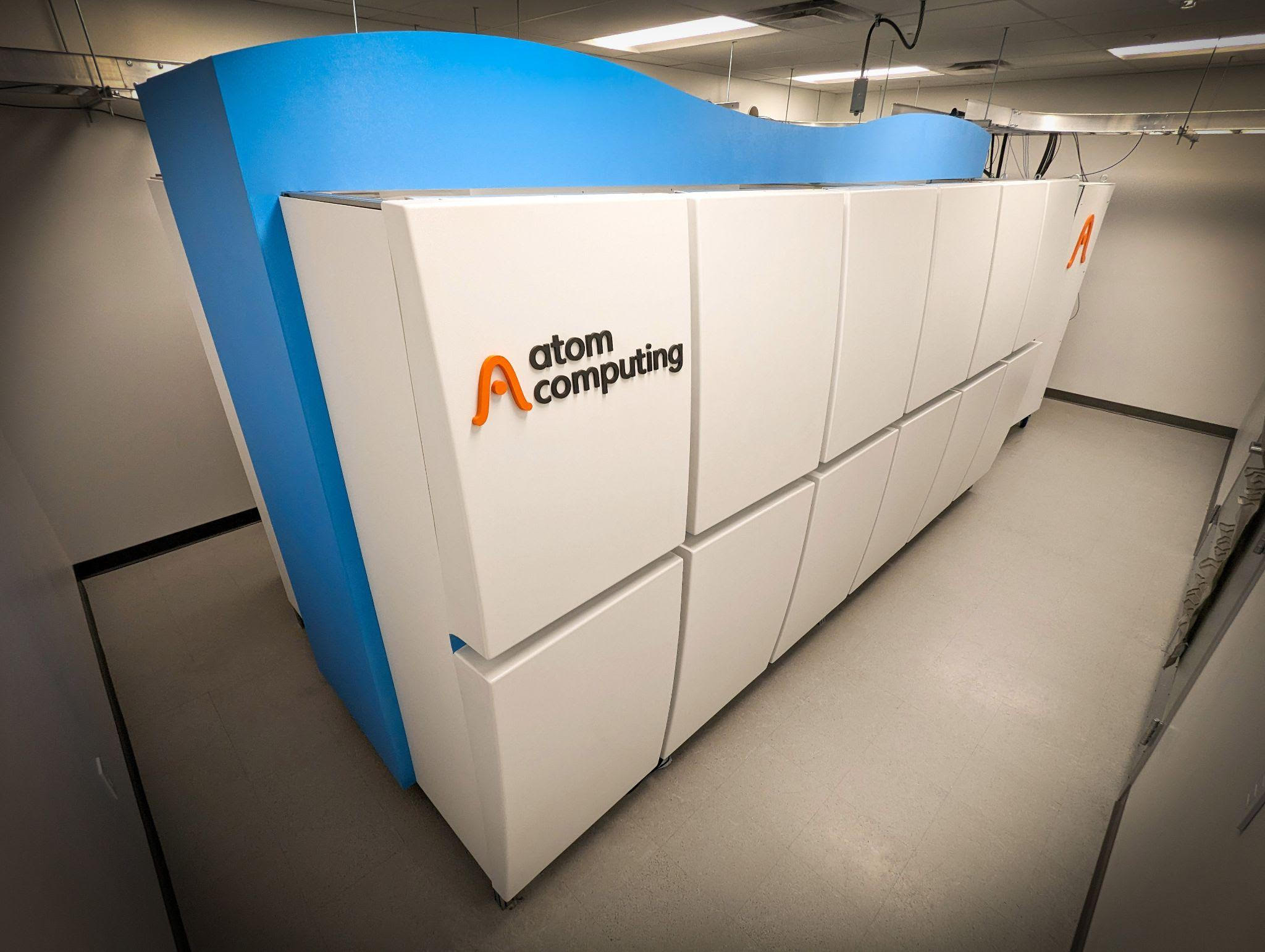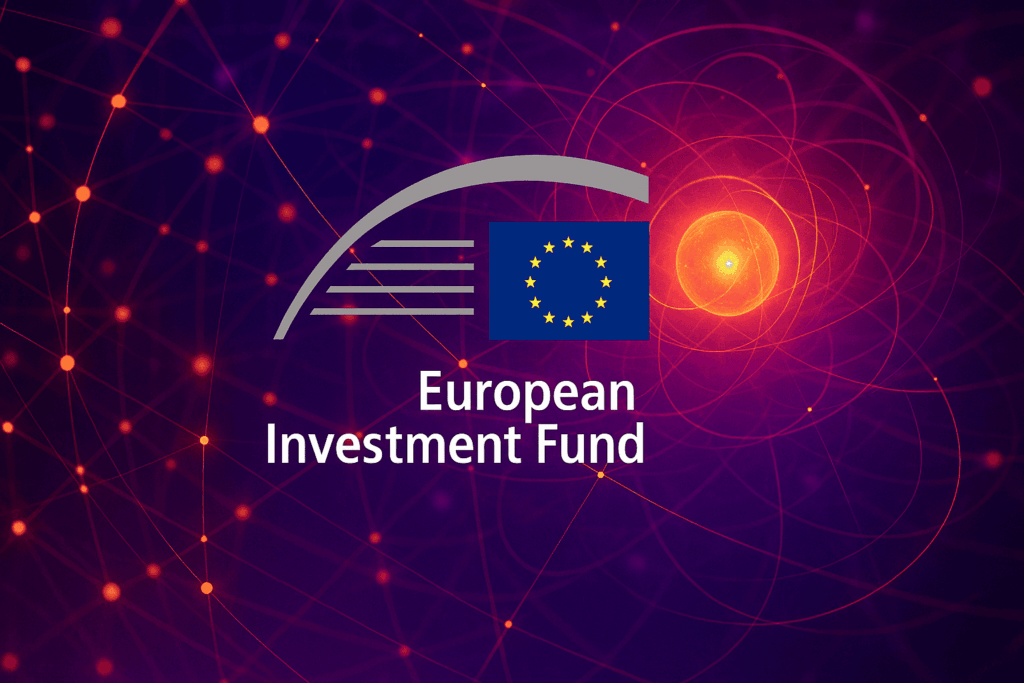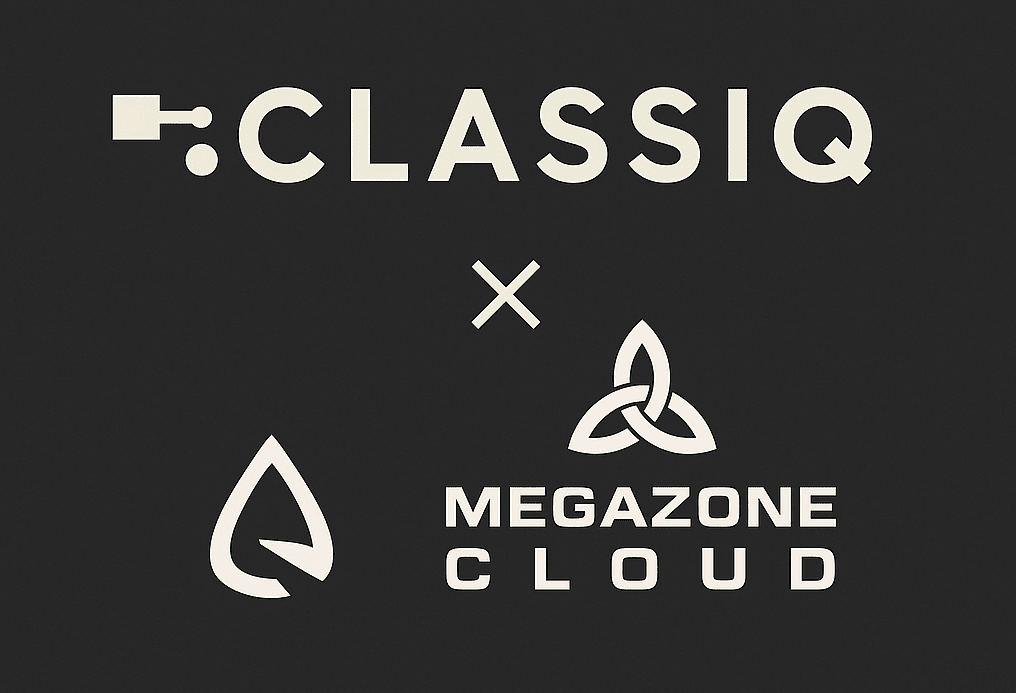Insider Brief
- Atom Computing’s next-generation quantum computing platform will feature a 1,225-site atomic array and populated with 1,180 qubits.
- This is the first time a company has crossed the 1,000-qubit threshold for a universal gate-based system, according to the company.
- Company executives say that this atomic array approach is scaling rapidly and gaining ground on other modalities.
PRESS RELEASE — Atom Computing announced it has created a 1,225-site atomic array, currently populated with 1,180 qubits, in its next-generation quantum computing platform.
This is the first time a company has crossed the 1,000-qubit threshold for a universal gate-based system, planned for release next year. It marks an industry milestone toward fault-tolerant quantum computers capable of solving large-scale problems.
CEO Rob Hays said rapid scaling is a key benefit of Atom Computing’s unique atomic array technology. “This order-of-magnitude leap – from 100 to 1,000-plus qubits within a generation – shows our atomic array systems are quickly gaining ground on more mature qubit modalities,” Hays said. “Scaling to large numbers of qubits is critical for fault-tolerant quantum computing, which is why it has been our focus from the beginning. We are working closely with partners to explore near-term applications that can take advantage of these larger scale systems.”

 Paul Smith-Goodson, vice president and a principal analyst at Moor Insights & Strategy, said the 1,000-plus qubit milestone makes Atom Computing a serious contender in the race to build a fault-tolerant system.
Paul Smith-Goodson, vice president and a principal analyst at Moor Insights & Strategy, said the 1,000-plus qubit milestone makes Atom Computing a serious contender in the race to build a fault-tolerant system.
“It is highly impressive that Atom Computing, which was founded just five years ago, is going up against larger companies with more resources and holding its own,” he said. “The company has been laser focused on scaling its atomic array technology and is making rapid progress.”
Fault-tolerant quantum computers that can overcome errors during computations and deliver accurate results will require hundreds of thousands, if not millions, of physical qubits along with other key capabilities, including:
- Long coherence times. The company has achieved record coherence times by demonstrating its qubits can store quantum information for 40 seconds.
- Mid-circuit measurement. Atom demonstrated the ability to measure the quantum state of specific qubits during computation and detect certain types of errors without disturbing other qubits.
- High fidelities. Being able to control qubits consistently and accurately to reduce the number of errors that occur during a computation.
- Error correction. The ability to correct errors in real time.
- Logical qubits. Implementing algorithms and controls to combine large numbers of physical qubits into a “logical qubit” designed to yield correct results even when errors occur.
Hays said Atom Computing continues to work toward these capabilities with its next-generation system, which provides new opportunities for its partners.
Guenter Klas, leader of the Quantum Research Cluster at Vodafone said, “We welcome innovations like the neutral atom approach to building quantum computers as from Atom Computing. In the end, we want quantum algorithms to make an economic difference and open up new opportunities, and for that goal scalable hardware, high fidelity, and long coherence times are very promising ingredients.”
Tommaso DeMarie, CEO of Entropica Labs, a strategic partner of Atom Computing, said, “Developing a 1,000-plus qubit quantum technology marks an exceptional achievement for the Atom Computing team and the entire industry. With expanded computational capabilities, we can now delve deeper into the intricate realm of error correction schemes, designing and implementing strategies that pave the way for more reliable and scalable quantum computing systems. Entropica is enthusiastic about collaborating with Atom Computing as we create software that takes full advantage of their large-scale quantum computers.”
The company is working with enterprise, academic, and government users to develop applications and reserve time on the systems, which will be available in 2024.
To learn more about Atom Computing visit: https://atom-computing.com.
If you found this article to be informative, you can explore more current quantum news here, exclusives, interviews, and podcasts.

















